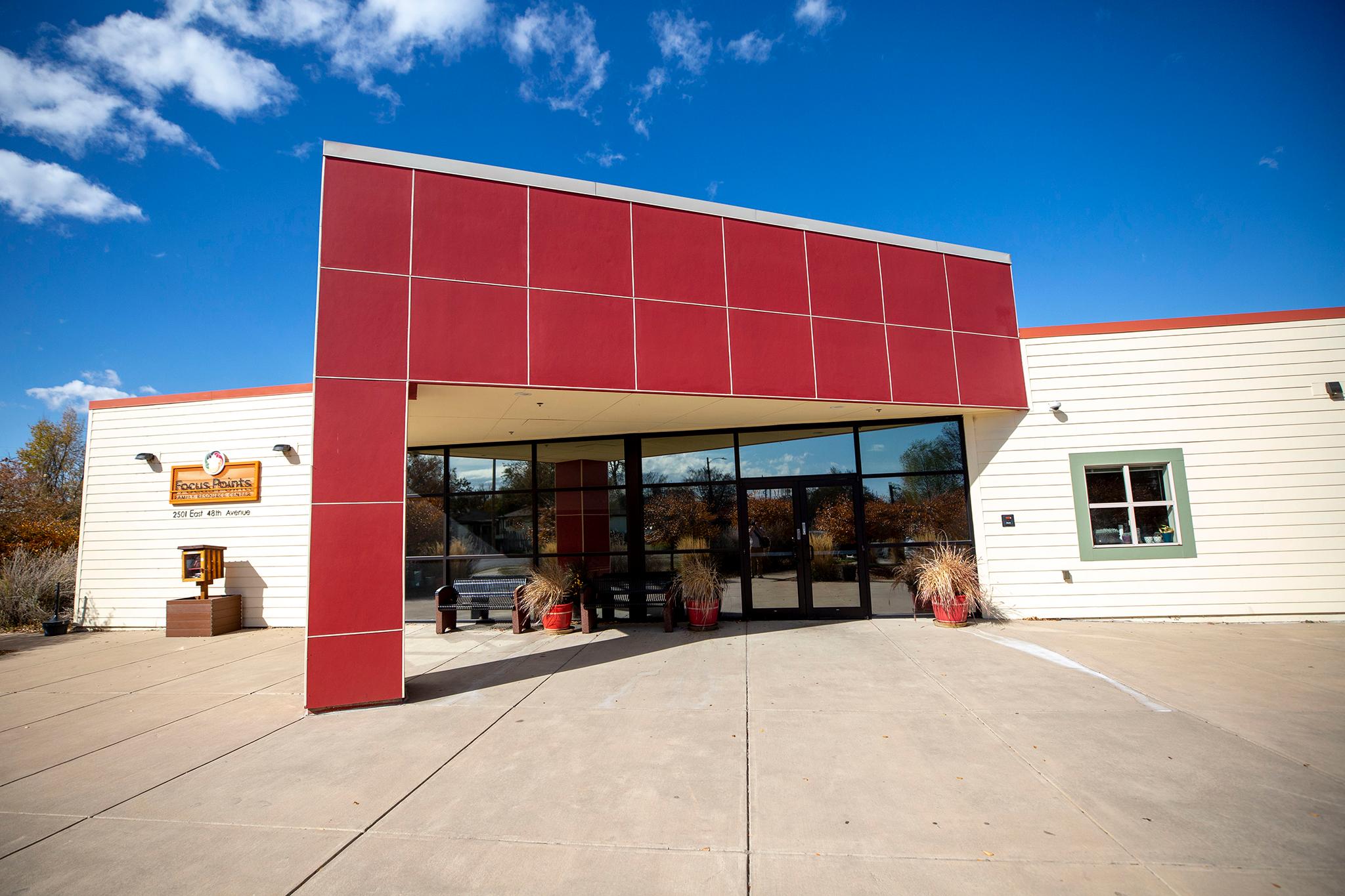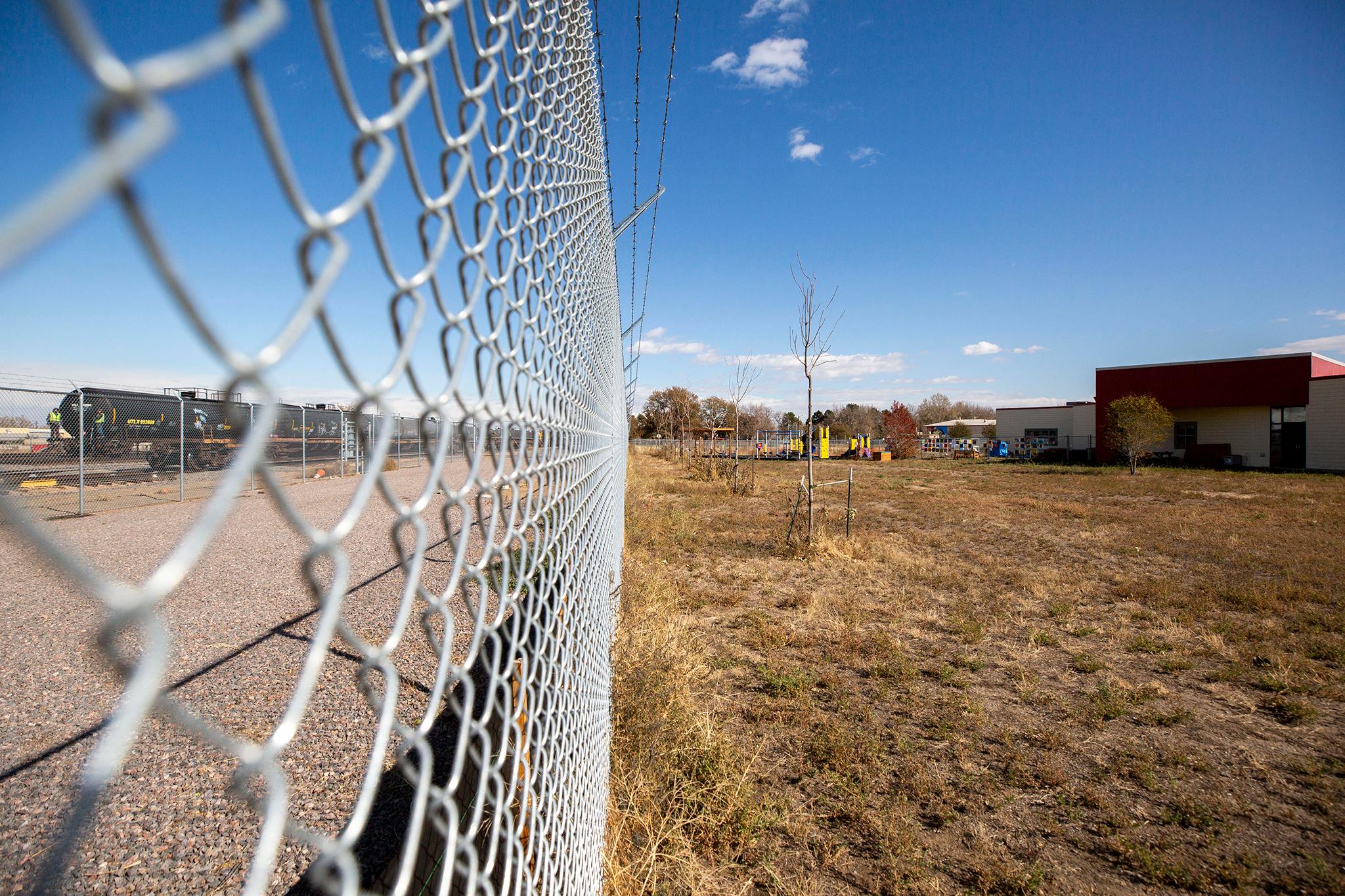This week, the U.S. Environmental Protection Agency announced it's writing a $70,000 check for a north Denver neighborhood garden program.
The money is going to Huerta Urbana, a program by the Globeville and Elyria Swansea nonprofit Focus Points that aims to teach people how to grow food and then distribute fresh fruit and vegetables to residents. Focus Points told us they were starting the program back in 2019. Executive director Jules Kelty said the investment will go a long way to transforming the empty lawn behind their 48th Avenue offices into dense gardens.
"This is the beginning. This allows us to start something," Kelty said over the phone. "It's not a drop in a bucket for us. It's a significant gift, and what it will allow us to do is build the initial infrastructure for this program."
When it's up and running, Focus Points' back yard will be filled with garden beds and rows of vegetables. Kelty said they're still figuring out what, exactly, they'll grow, but she reckons they'll plant a diversity of seeds. The crops will be tended by people enrolled in Huerta's workforce program, which is bent on preparing students to manage urban farms.
The yields will be available to locals at neighborhood farmers' markets. But Kelty said the plan didn't always include this kind of distribution. At the beginning, Huerta was focused solely on workforce development. The pandemic changed everything.
"Food access demand went up by 400 percent," she said. "Anyone who can contribute to address food insecurity is needed, so our program shifted and now it addresses both."
She said she's been consulting with Re:Vision, the Westwood nonprofit that's been working to replace food pantries with home gardens since 2009.

The grant was awarded through the EPA's Office of Environmental Justice.
In a press release, EPA Acting Regional Administrator Deb Thomas said supporting local food programs like this helps enhance "local resiliency to disasters and environmental justice challenges." Elyria-Swansea and Globeville are surrounded by packed highways and many of the metro's industrial waste producers. The neighborhoods were also part of a large EPA Superfund site, tied to historic lead pollution in the soil, that was deemed fully remediated a couple of years ago (some neighbors weren't convinced).
"I think its full-circle that EPA is investing funds that help us rejuvenate our soil and our property here," Kelty said. "The exciting thing about agriculture is what we're building can serve hundreds of people and can serve them over a long period of time. So it's a big deal for us. It's very simple, what we're building, but we'll be able to grow quite a bit."













